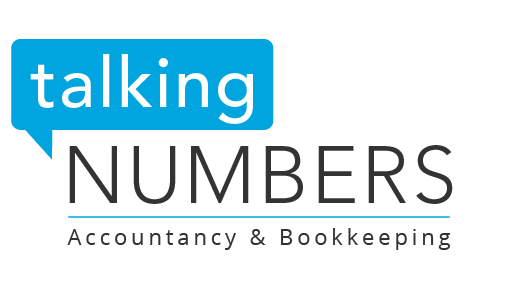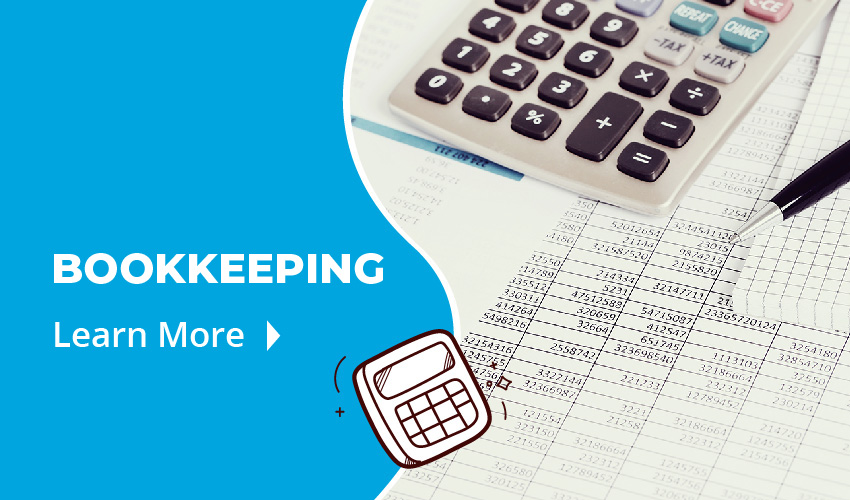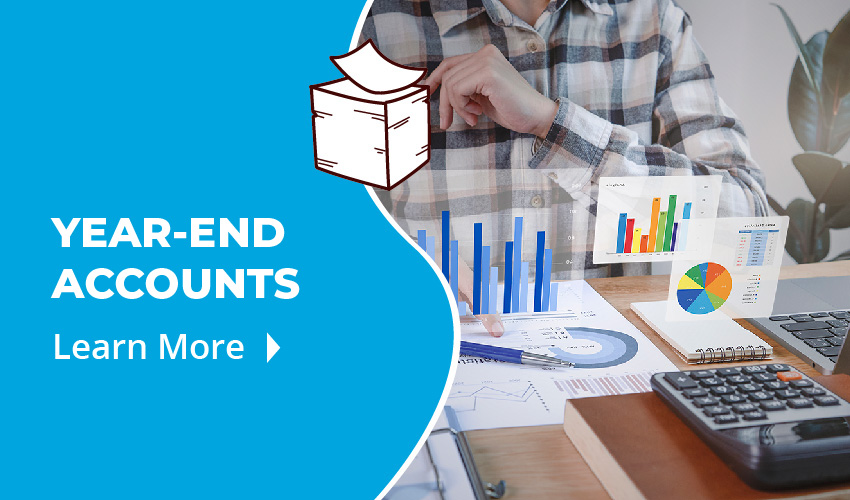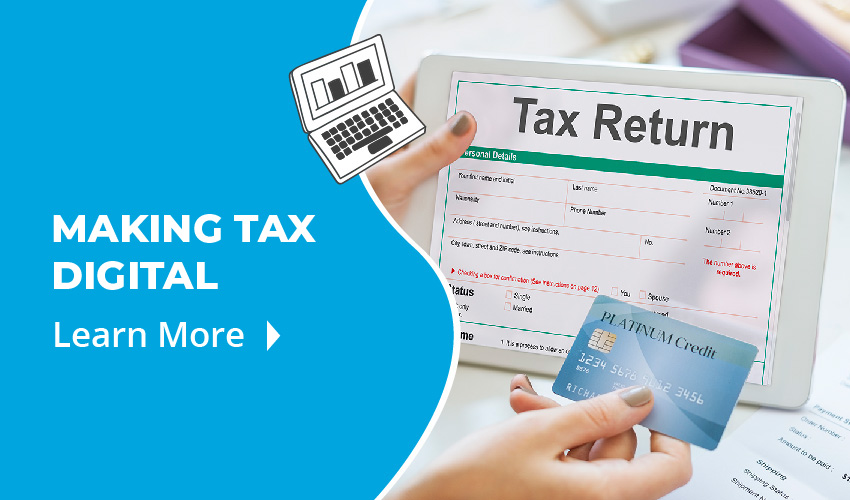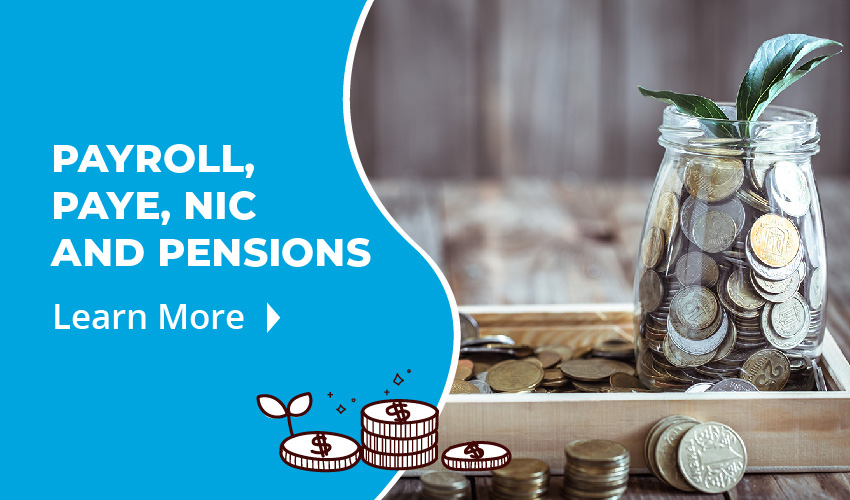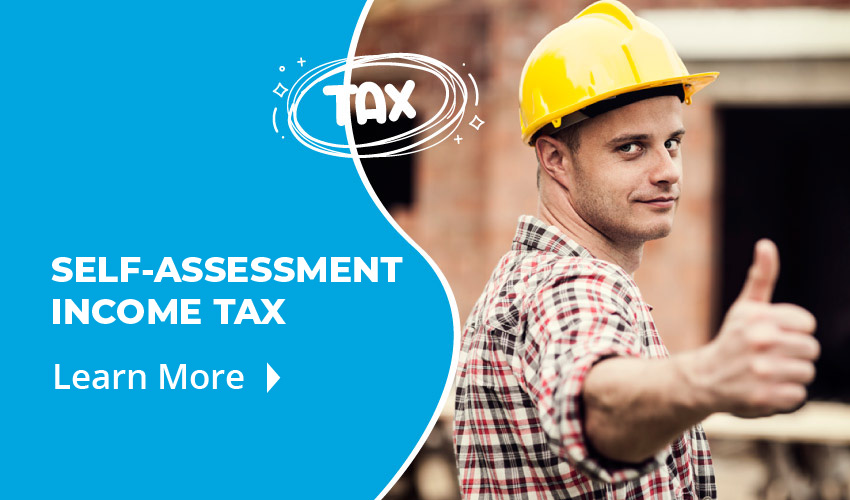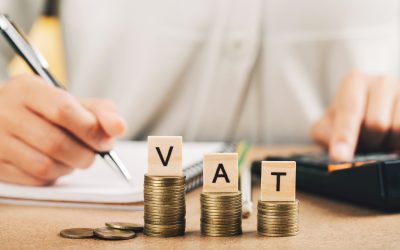Choosing which type of business structure to operate can be confusing and difficult. In this series of articles, we look at the pros and cons of each structure to help you decide which one is best for you

A sole trader is the simplest type of business structure. This is where the individual business owner and the business are one and the same – they are “self-employed”. You must register with HM Revenue and Customs as self-employed
The business does not have its own “legal personality”, which means that, for example, lease agreements are entered into in the business owner’s name rather than the business. This also means that any legal action brought against the business will be against the sole trader themselves. If something goes wrong, your person assets will need to be used to pay the business’ debts.
Sole traders pay income tax and national insurance contributions on their profits. In Scotland, these rates are set by the Scottish Government, and the rates can be found here: Scottish Government
There is no maximum amount that you can earn when you are self-employed, but you could end up paying more tax if you are a high earner. You must submit a self-assessment tax return by 31 January each year to declare your tax liability for the year.
Talking Numbers can help you decide whether or not this business structure is right for you, and advise you on what you need to do to get started. Get in touch today for your free, no-obligation consultation.
